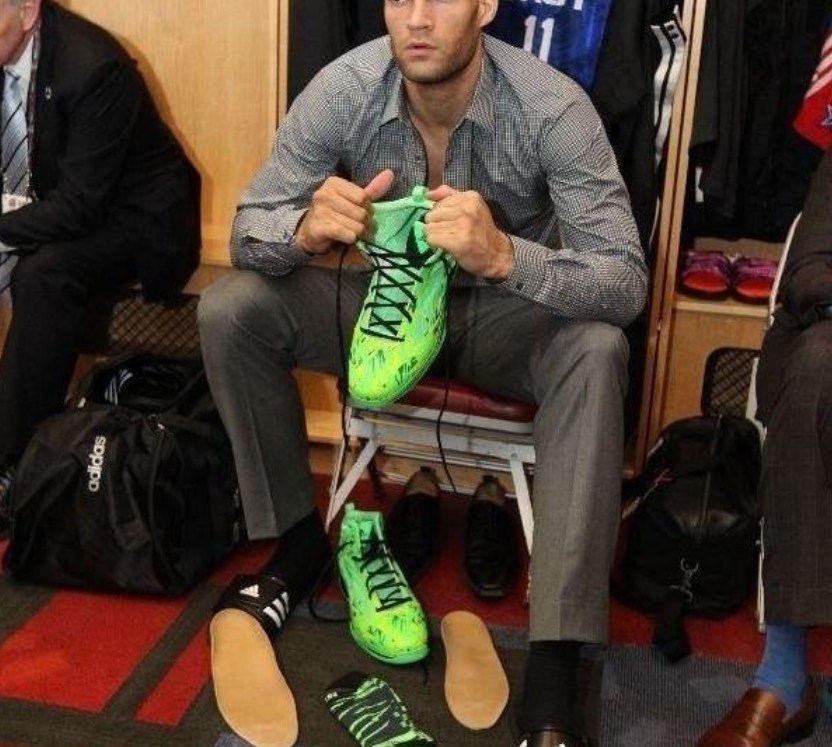How to Recover Like a Pro From a Sports Injury

Serious injuries sustained while participating in sports can be quite traumatic and have a significant influence on your life. It might be aggravating, particularly if your injury limits your mobility. It’s critical to be patient with yourself when recuperating in order to restore your strength and avoid further harm. Here are some pointers on how to recuperate from a sports injury properly.
Recognizing and Accepting the Pain
It’s critical to determine whether you’re hurt or have been injured. You may be tempted to dismiss the discomfort and see it as a mere inconvenience, but failing to treat an injury can result in further suffering and damage. It is critical to treat the injury as soon as possible to ensure a quick recovery. You won’t always be able to walk away from suffering, and you should know when to seek medical help.
Recognize What Has Taken Place
Understanding how you were injured and what transpired will assist you in developing a rehabilitation strategy. Knowing what went wrong will help you avoid further injuries and will also help you mentally, as being harmed can affect your self-confidence.
Seek assistance
If you experience any pain, see your doctor right away. When describing your doctor how you got hurt, be as specific as possible. This will aid in a more accurate diagnosis. Work up a recovery plan with your doctor; you may need to participate in an exercise-based rehab program. You can also seek treatment from a physical therapist or personal trainer, who can correct any erroneous movement patterns and help you avoid sustaining another injury or worsening an existing one.
Be patient and take it easy.
When it comes to recovering from a sports injury, rest is highly important.
Some people want to return to physical activity immediately away, but it’s crucial to be patient with their injuries and give them time to heal. You may not be able to return to your regular exercise regimen right away, but that does not mean you should stop exercising altogether.
It is essential that the wounded area be moved slowly and gradually so that the muscle does not grow weak. Before you begin a new workout plan, consult with your physiotherapist to determine which exercises are safe. It’s critical to remember that everyone heals at a different pace, and that rehabilitation is a long process that requires a lot of patience. So, don’t put too much pressure on yourself and just relax.
Your Body Needs Fuel
Although it may be tempting to relax after an injury, this should not be used as an excuse to eat poorly. Your body requires nutrition as well as plenty of water. Meat and fish are high in protein, which aids the body’s muscle-building process. Consume plenty of citrus fruits and dark leafy greens, since they aid in the production of collagen and tissue regeneration. Calcium-rich diets and vitamin D from sunlight exposure can also speed up the healing of bone damage. You can also take glutamine and chondroitin supplements to help heal your joints. Omega-3 supplements are also worth considering because they assist to reduce inflammation and speed up recovery. Bad eating habits mixed with a lack of exercise might contribute to weight gain if your mobility is impaired.
Sugar and alcohol should be avoided. Create a meal plan to help you keep track of what you eat while also ensuring that you get all of the vitamins and nutrients your body requires to recuperate.
Get Rid of Boredom
When you’re used to a busy lifestyle, recovery times might be challenging. It’s all too simple to get bored and frustrated. Keep yourself busy by participating in activities you’ve always wanted to attempt or learning a new hobby. Maintain contact with friends and family, and see them as often as possible. Above all, keep an optimistic attitude.
Continue to Push and Avoid More Injuries
Even if you start to feel better, stick to your rehab strategy. You’re still gradually regaining your strength. After recovery, focus on stabilizing, core, and flexibility exercises. You can also undertake preventative workouts to avoid straining or injuring yourself in the future. Foam rollers are excellent equipment for pre-warming your muscles and assisting in more effective muscle recovery.
It’s Not Just About the Physical
When it comes to injuries, it’s not always only the physical body that has to be healed. It’s also critical to devote time to healing your psychological state of mind. Being immobile can have a significant influence on your confidence, and dealing with your injury is just as vital as physical therapy. Accept that you’ve been hurt and move on. Allow yourself to be sad. There’s no need to be brave all of the time.
Do not, however, wallow in grief. If needed, seek help from friends and family to avoid solitude. Having a positive and upbeat mindset will help you recover faster than you believe. Set realistic goals for yourself and participate actively in your recovery.
